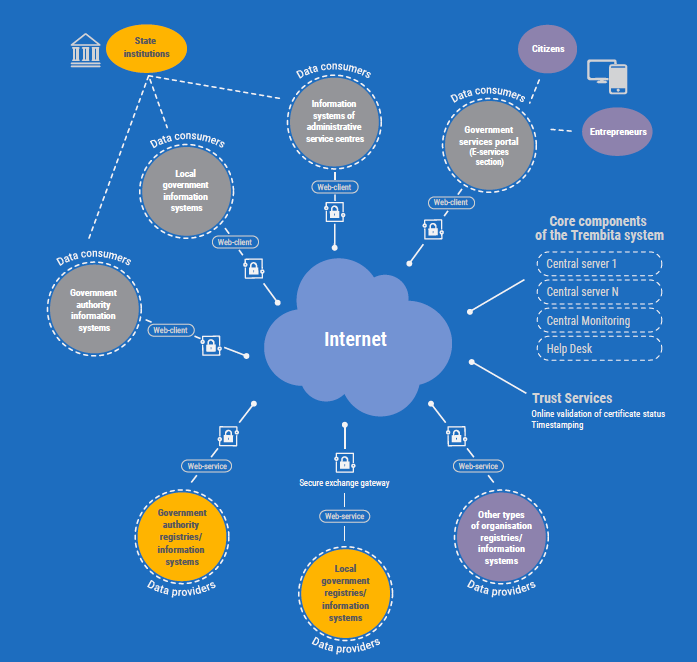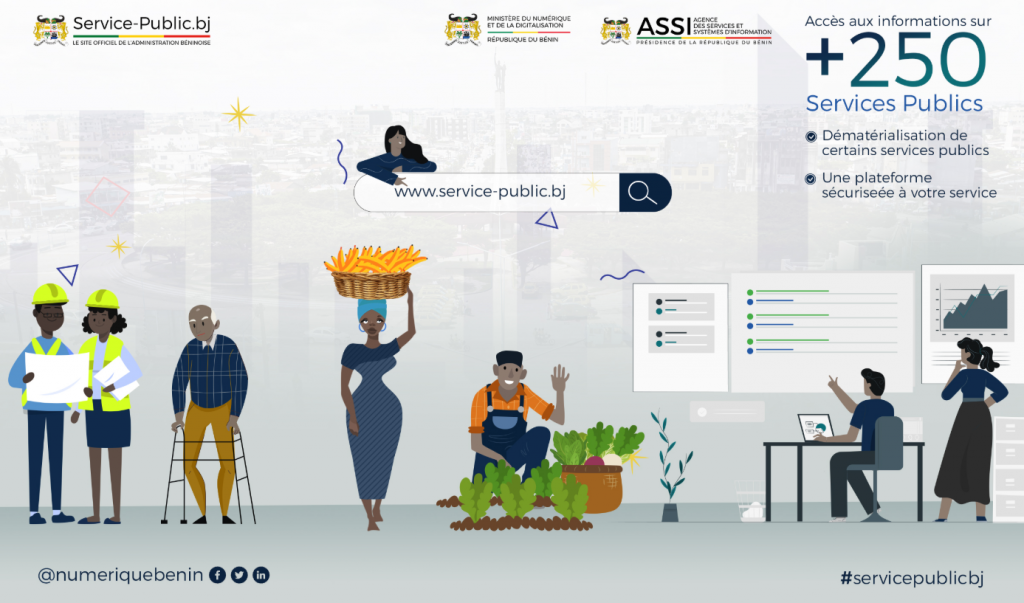The Estonia-based consultancy organisation, the e-Governance Academy, has helped deliver e-services in Benin and Ukraine; the academy says the current coronavirus pandemic shows that digital services can save people’s health and possibly their lives.
“To date, the main arguments to develop public e-services were the hassle-free and more efficient governance to save time and money,” the academy said in a statement. “The current coronavirus pandemic added one more argument: e-governance and e-services can save people’s health and possibly their lives.”
Queues and appointments at government agencies, banks and other places will contribute to the spread of the coronavirus and forced self-isolation of millions has increased the value of public e-services. “Estonia with 99% of its government services online is a rare exception as most of the other governments offer public services offline,” the academy noted.
Helps not waste the lessons of the pandemic
In the light of the coronavirus outbreak, the recent developments in Ukraine and the West African country of Benin are generating hope that these countries will not waste the lessons of the pandemic and will accelerate their public service delivery via the internet, Hannes Astok, the development director of the e-Governance Academy, said.
“The coronavirus outbreak proves to governments in a very radical way the necessity of digital transformation and public e-services,” he asserted. “In Benin and Ukraine, a proper basis for public e-service development has been created by allowing secure data exchange between government databases. Both countries have implemented the interoperability platform of Estonian origin, X-road, in collaboration with the e-Governance Academy, the Estonian IT company Cybernetica and local partners.”

In Ukraine, the e-Governance Academy with Cybernetica and local partners launched the secure data exchange Trembita system in 2018 within EGOV4UKRAINE project of U-LEAD programme. The platform is the backbone for public e-service development.
“To date, 2,000 electronic interactions between public authorities are made daily through the Trembita system and some 50 government institutions have shown willingness to connect their databases to the system,” Mari Pedak, the academy’s team leader of the project in Ukraine, stated.
For a regular Ukrainian citizen, it means public authorities can optimise their work and reduce the number of paper certificates required from citizens. According to Pedak, one of the first e-services, the “eBaby”, gathers data from seven government databases and makes registration of a newborn remote and submission of parental benefits more hassle-free.
Over 250 services offered in Benin
In Benin, a secure data exchange platform works as a basis for the brand-new national e-service portal – a single point of entry to all public services, available 24/7.

The portal currently provides information about more than 250 public services offered by public authorities in the country. Starting with some public services in electronic form, the number of e-services will increase during the year.
To date, the e-Governance Academy has delivered Estonian e-governance know-how to 130 countries and regions and more than 200 organisations around the world.
Cover: The representatives of the e-Governance Academy and Benin government signing a contract in late 2018.

